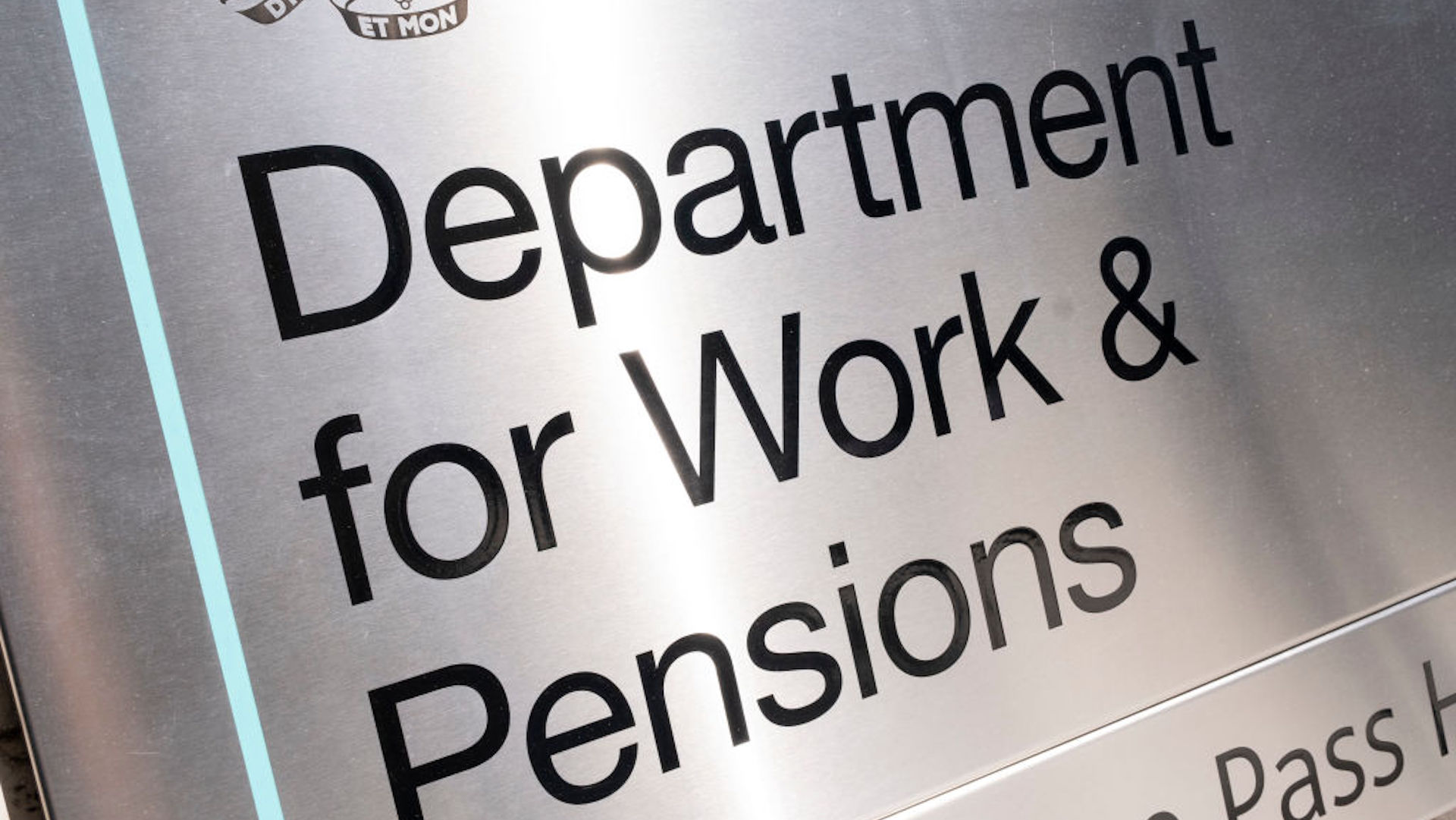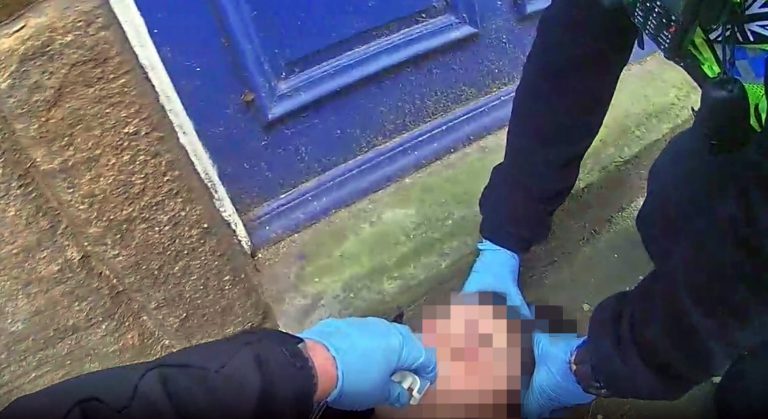“Seriously ill and disabled people need security and support, not sanctions, cuts and high-stakes assessments. Government should focus on the reasons increasing numbers of people are ill and can’t return to work – not removing vital protections that any of us could need in the future.”
The additional limited capability for work and work-related activity (LCWRA) element in universal credit, which is currently worth £390.06 a month, is set to be replaced by a new health element. But this will only be available to claimants who are also claiming personal independence payment (PIP).
The government has announced it is removing the LCWRA ‘mobilising activity’ element – currently awarded to universal credit claimants who struggle to work because of severe mobility issues.
A spokesperson for the DWP said: “We support millions of people every year and our priority is to provide a supportive service and help claimants get the benefits they are entitled to. We must balance welfare support with fairness to the taxpayer, and all requirements are agreed with the claimant to ensure that they are reasonable.
“Our upcoming work capability assessment reforms will shift the focus to what people can do rather than what they can’t whilst maintaining protections for those with the most significant health conditions.”
Ministers claim that changes since the pandemic mean that the possibilities for remote working have increased, but campaigners argue that employers are still not flexible enough and many refuse to accommodate for disabilities.
Advertising helps fund Big Issue’s mission to end poverty
Justyna, whose name has been changed, has significant physical and mental health problems, including arthritis, lumbar herniation, received no points on her work capability assessment. She was supported through an appeal by Z2K and was awarded the mobilising activity element of LCWRA.
When the government makes the changes, someone with a similar situation to Justyna would not be awarded LCWRA in their benefits if they made a new application. The OBR estimates that 50,000 people will be affected in the first year the changes are in place, in 2025-2026, rising to 230,000 by 2029.
The government is also planning to amend the ‘substantial risk’ criteria for LCWRA. Currently, this means that a person will be placed in the LCWRA group if not doing so presents a substantial risk to their health or the health of those around them. It will become harder for people like this to get financial support.
Steve, who has ongoing physical, neurological, and mental health problems following a car crash several years ago, had his LCWRA stripped away in 2022. It meant he had a loss of more than £300 a month overnight, which he had been using to fill the gap in his housing benefit.
He was subject to conditionality and the threat of sanctions, and he had to regularly attend Jobcentre appointments. This had an impact on his mental health and led to him becoming extremely angry and anxious, and struggling to sleep or eat.
Supported by Z2K, he challenged the DWP’s decision and was awarded LCWRA based on the grounds that not having it caused a substantial risk to his mental health. People like Steve will no longer be granted LCWRA when the changes come into force next year.
Advertising helps fund Big Issue’s mission to end poverty
Around 22,000 people will be affected by this change in 2025 to 2026, according to the OBR, increasing to 141,000 by 2029.
Z2K has launched a ‘Security not Sanctions’ campaign, calling on politicians to reject these changes and ensure the disability benefits system works for the people who need it.
You can sign Z2K’s petition here.
Do you have a story to tell or opinions to share about this? We want to hear from you. Get in touch and tell us more.










